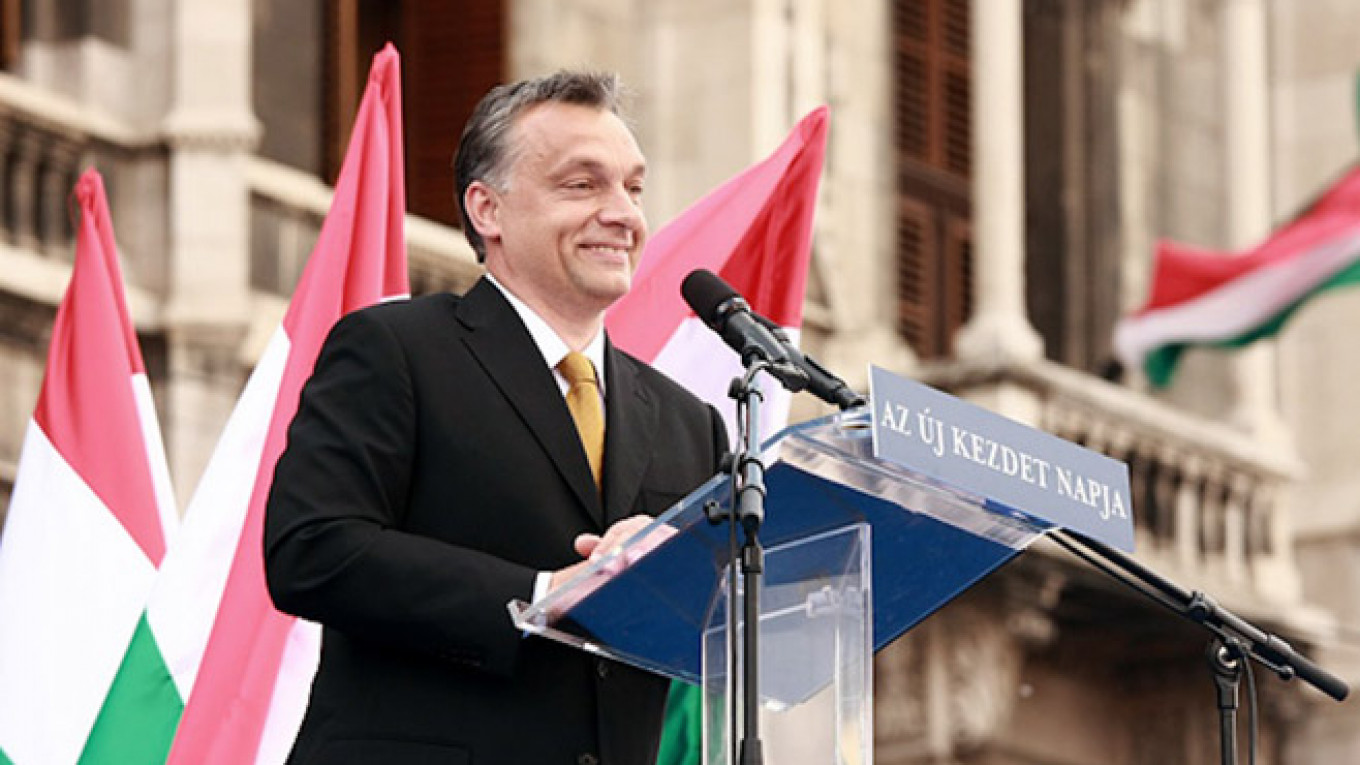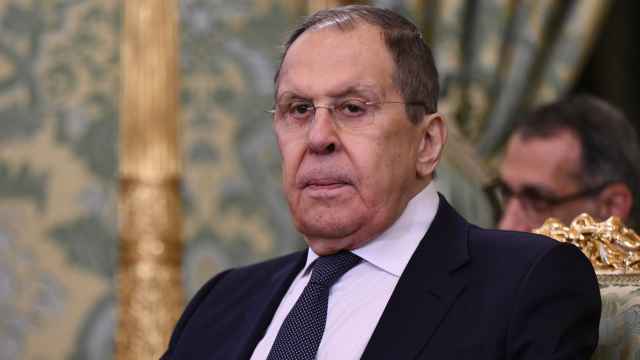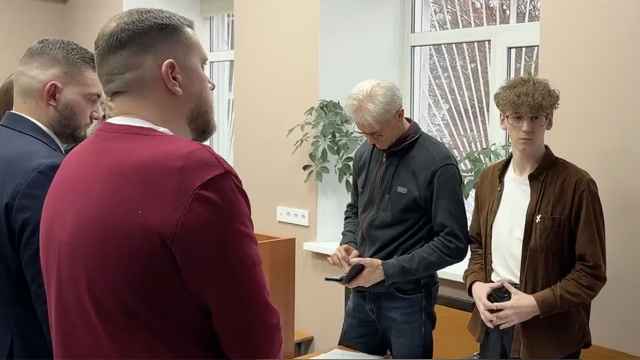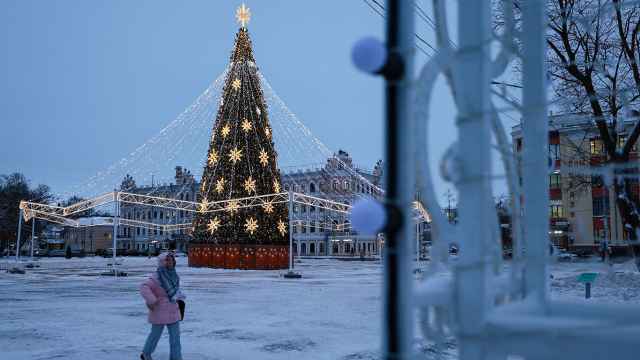BUDAPEST — Hungarian Prime Minister Viktor Orban, who said Europe had "shot itself in the foot" by imposing sanctions on Russia, told diplomats on Monday that he would seek support from other EU countries for a push to improve relations with Moscow.
Speaking to an annual gathering of Hungary's ambassadors, Orban warned against further alienating Moscow, which the European Union has put under sanctions for its role in Ukraine.
"The EU gets further from Russia every day. … [This] is bad, not for Hungary but the entire European Union," he said in a speech outlining his newly formed third government's foreign policy priorities.
"We must seek the company of EU countries interested in the slowing or halting of this unfavorable separation process," he said, adding that because Central and Eastern European countries had no consensus on the issue they could not act together.
Orban, whose conservative Fidesz party won a new four-year term in April, has been accused by some parts of the EU of seeking to amass too much power and rejecting democratic checks and balances, something he denies.
Orban said Poland and the Baltic states considered the Russian issue foremost a security matter, a view not shared by Hungary, which looks upon Moscow as a business partner and considers other aspects of the situation as secondary.
"Values are important, as NATO and the EU both rest on shared values, but that does not mean we should relate to countries outside our alliances based on their political culture, institutions, democracy or any other views," he said.
Addressing another issue that might put him at odds with Brussels, Orban promised a hard line on immigration.
"We must fight to keep this issue under national jurisdiction," he said. "I make no secret of this: We will continue with a very tough policy that does not at all encourage immigration. … For Europe to have general rules that affect all of us who think differently is out of the question."
See also:
Russia's LUKoil Sells Petrol Stations in Czech Republic, Slovakia, Hungary
A Message from The Moscow Times:
Dear readers,
We are facing unprecedented challenges. Russia's Prosecutor General's Office has designated The Moscow Times as an "undesirable" organization, criminalizing our work and putting our staff at risk of prosecution. This follows our earlier unjust labeling as a "foreign agent."
These actions are direct attempts to silence independent journalism in Russia. The authorities claim our work "discredits the decisions of the Russian leadership." We see things differently: we strive to provide accurate, unbiased reporting on Russia.
We, the journalists of The Moscow Times, refuse to be silenced. But to continue our work, we need your help.
Your support, no matter how small, makes a world of difference. If you can, please support us monthly starting from just $2. It's quick to set up, and every contribution makes a significant impact.
By supporting The Moscow Times, you're defending open, independent journalism in the face of repression. Thank you for standing with us.
Remind me later.






